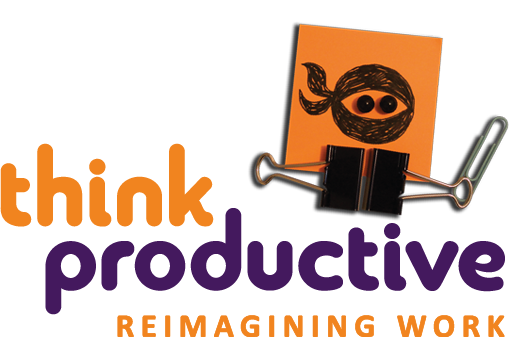 Email is one of the bane’s of productivity so today we are going to focus on the things that you do that make email easier for other people and the things that they do that make it really annoying for you. So this is about the interdependency of productivity and the culture of teams and organizations – and what you can do to improve it.
Email is one of the bane’s of productivity so today we are going to focus on the things that you do that make email easier for other people and the things that they do that make it really annoying for you. So this is about the interdependency of productivity and the culture of teams and organizations – and what you can do to improve it.
We all get the email we deserve
Nothing tells you more about the culture of an organization than the way people ‘do’ email. It differs tremendously from one organization to the next, from those organizations that rely almost solely on it, to those that use email more as a follow up tool but do their best work away from their inbox. Then there are those organizations where it’s become the norm to be connected via smartphone 24/7, 365 days a year, and others where the thought of emailing on a Saturday would be ridiculous.
Whatever your email culture, there are things you can do that make everyone else’s job easier. And why would you want to spend more than a second doing that? Well, because there’s a good chance that they’ll return the favour and consider you in their email communications too, and together you can build a healthier email culture.
Talkin’ about a revolution…
Facilitate some conversations that utilize the knowledge and experience of your people and you’ll be surprised by how exciting and productive your emails can become. Here are five questions you can ask your team members over lunch one day, over a coffee or in a brief workshop:
1. What do you recognize in yourself and in others as bad email habits?
2. What do you recognize in yourself and in others as things that make it easier for an email to get processed at the other end?
3. What would be the three kinds of email bug bears that you would want to stop receiving if that were possible?
4. What ground rules could you collectively set up to make these things happen?
5. When will you measure and reflect on the success of this, and how?
